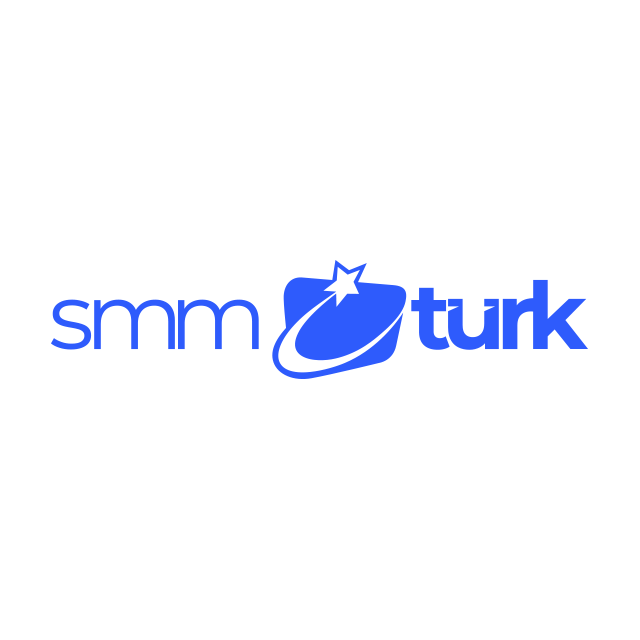
How to Use AI Tools Ethically in Social Media Marketing (2025 Guide)
Artificial Intelligence (AI) is revolutionizing the way businesses approach social media marketing. From automating repetitive tasks to generating content and analyzing trends, AI tools save time and improve results. However, with great power comes great responsibility. As marketers increasingly rely on automation, ethical concerns have come into focus—from data privacy to authenticity.
This guide breaks down the ethical use of AI in social media marketing and how to leverage its strengths without compromising trust or transparency.
What Are AI Tools in Social Media Marketing?
AI tools in the social media ecosystem include:
- Content generators (e.g., for captions, visuals, hashtags)
- Scheduling platforms with predictive algorithms
- AI-driven analytics and sentiment analysis tools
- Chatbots for customer support and engagement
- AI image and video generators
These tools enhance productivity, personalize campaigns, and streamline customer communication—but only if used responsibly.
Why Ethics Matter in AI-Driven Marketing
Ethical marketing is about putting people first—respecting privacy, ensuring transparency, and fostering genuine interaction.
Unethical use of AI can result in:
- Loss of consumer trust
- Penalties under data protection laws (like GDPR, CCPA)
- Content that appears generic, impersonal, or deceptive
- Damage to brand reputation
In 2025, brands must humanize their tech stack and be intentional in AI deployment.
Ethical Best Practices for Using AI in Social Media
1. Be Transparent About AI Usage
If you're using AI-generated content (e.g., captions, replies, articles), don’t hide it. Especially in sensitive industries like finance, health, or education, disclosure fosters trust.
Let users know when they’re interacting with:
- AI-powered bots
- Auto-generated content
- Algorithmically curated messages
2. Avoid Deepfakes and Manipulative AI Imagery
AI-generated visuals have become shockingly realistic. While they can enhance creativity, avoid using:
- Fabricated influencer faces for fake endorsements
- False scenarios meant to deceive
- Emotionally manipulative content (e.g., false testimonials)
Instead, use AI tools to amplify real stories and real people.
3. Use AI to Assist, Not Replace, Human Creativity
AI should support human creators, not replace them. Content should retain a brand voice, tone, and context that only humans understand.
Let AI:
- Offer ideas, not final posts
- Write first drafts, not published content
- Automate scheduling, not strategy
4. Respect Data Privacy and Consent
Many AI tools rely on user behavior data. Before collecting or analyzing:
- Ensure you have consent to collect that data
- Don’t use AI to scrape data from private accounts or DMs
- Use anonymized and aggregated data sets where possible
Privacy is not a feature—it’s a requirement.
5. Audit for Bias and Fairness
AI models can inherit biases from the data they’re trained on. These can result in:
- Discriminatory ad targeting
- Culturally insensitive suggestions
- Exclusionary language
Use tools that let you review and control outputs. Always evaluate AI-generated content for diversity and inclusion.
6. Set Internal AI Usage Guidelines
Establish a clear internal policy for your team:
- When and how AI can be used
- Which tools are approved
- Where human review is mandatory
Train your marketing team on ethics, not just functionality.
Region-Specific Considerations
Europe
Be extra cautious about GDPR compliance. Never feed personal data into third-party AI tools without full consent.
United States
Keep an eye on the evolving AI regulation landscape. Transparency in influencer marketing + AI usage is a growing legal concern.
United Kingdom
UK regulators are focusing on AI accountability. If using AI in ads, consider labeling AI-generated content.
Examples of Ethical AI Usage
- Canva's AI tools for social post design with full user control
- Buffer’s AI caption assistant (clearly labeled suggestions)
- HubSpot's chatbot builder with real-time agent fallback
- Grammarly’s AI for tone suggestions—not full content creation
These examples show that AI + transparency = sustainable success.
Frequently Asked Questions (FAQ)
1. Should I disclose AI usage in social posts?
Yes. Transparency builds trust and helps comply with platform and legal requirements.
2. Is it ethical to use AI to respond to comments or DMs?
Yes, if users are made aware they're talking to a bot, and sensitive queries are escalated to humans.
3. Can I use AI-generated images in ad campaigns?
Yes, but avoid misleading or deepfake-style images. Always respect copyright and authenticity.
4. What are the best AI tools that follow ethical standards?
Tools like Jasper, Grammarly, Buffer, and Notion AI prioritize ethical design with clear disclosures.
5. How do I prevent AI from producing biased content?
Always review outputs, diversify your input sources, and choose tools with fairness auditing features.